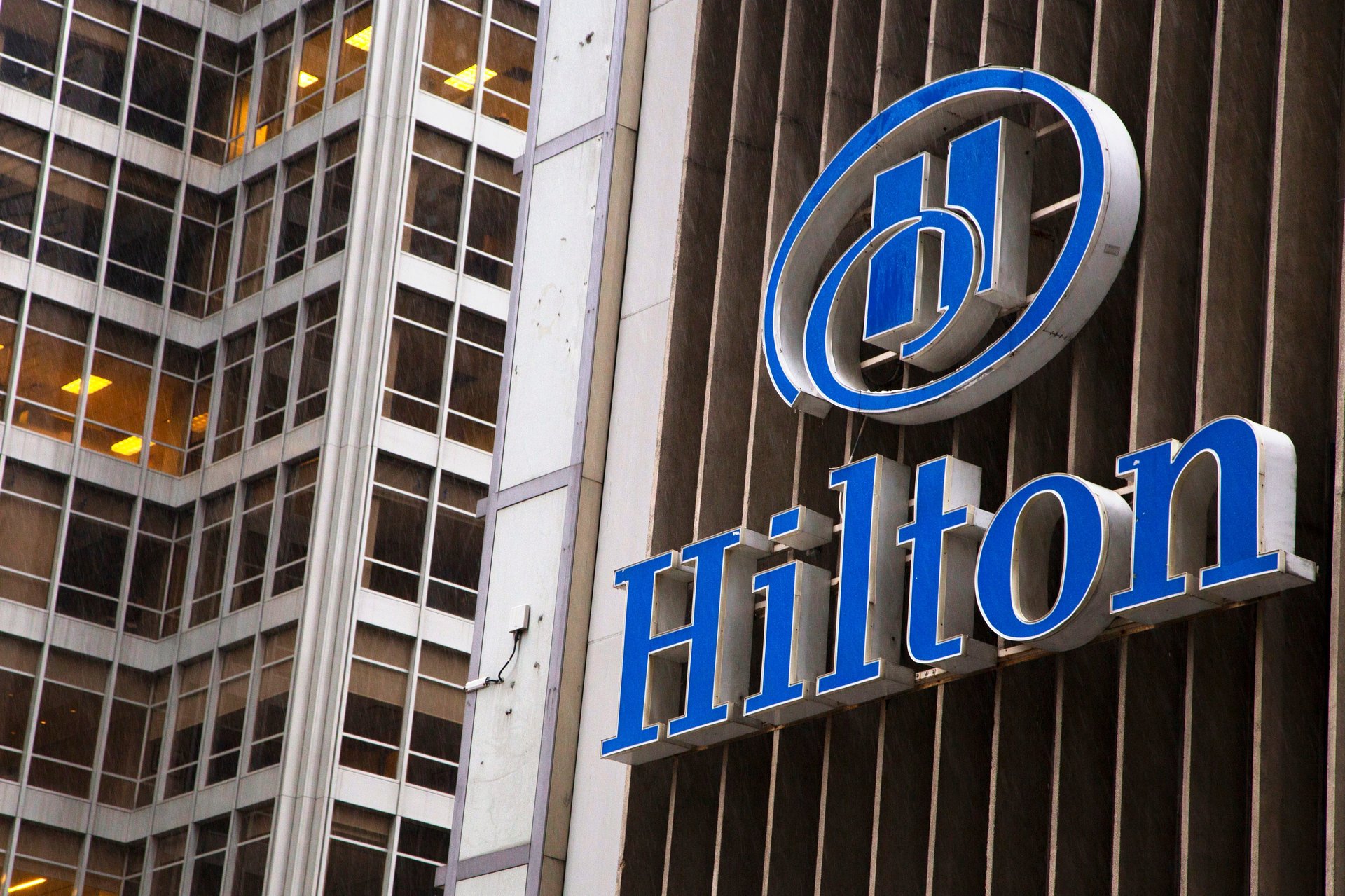Hilton Hotels’ reputation is worth more than its hotels are
After six years in the hands of private equity, the iconic Hilton Hotels chain is poised to return to the public markets this week, in arguably the most important IPO since Twitter’s high-profile raising last month.


After six years in the hands of private equity, the iconic Hilton Hotels chain is poised to return to the public markets this week, in arguably the most important IPO since Twitter’s high-profile raising last month.
And while the two companies couldn’t be more different—Hilton is nearly 100 years old, profitable, and in a mature industry, whereas Twitter is a loss-making startup—they share one thing in common: they’re both exposed to the risks and rewards of social media, albeit in rather different ways.
Hilton Worldwide is the owner of 4,041 hotels, resorts and timeshare properties in 90 countries around the globe. Most of the focus has been on macroeconomic risks to the business—which will affect such things as the value of its property portfolio, demand for rooms, and terrorism insurance rates. But, as its prospectus makes clear, there’s another risk, because the iconic hospitality chain’s success depends heavily on the perception of its brand among consumers.
“Our brands and our reputation are among our most important assets. Our ability to attract and retain guests depends, in part, on the public recognition of our brands and their associated reputation.”
Indeed, a quick glance at the company’s balance sheet data (p. 51 of the prospectus) shows that it ascribes $11.2 billion to the value of its brands and goodwill (the premium it places on its individual business units above their liquidation value), but only $9.1 billion to its entire property portfolio.
The biggest risks to the value of Hilton’s brand? The kind of nightmare incidents that can ruin a stay at any hotel:
“…the occurrence of accidents or injuries, natural disasters, crime, individual guest notoriety, or similar events can have a substantial negative impact on our reputation, create adverse publicity and cause a loss of consumer confidence in our business.”
Perhaps more surprising is the extent to which the rise of social media has the potential to make it more difficult to contain these incidents:
“Because of the global nature of our brands and the broad expanse of our business and hotel locations, events occurring in one location could have a resulting negative impact on the reputation and operations of otherwise successful individual locations. In addition, the considerable expansion in the use of social media over recent years has compounded the potential scope of the negative publicity that could be generated by such incidents”
“Word of mouth” recommendations have been described by McKinsey as the most powerful form of marketing that exists—the main factor behind 20% to 50% of all purchasing decisions. But a Cornell University study (registration required) points out that few industries are as dependent on word of mouth as hotels, mainly because the product they sell—not merely the hotel room, but the stay in the hotel—is based heavily on personal experiences.
In the social media era, the risks (and opportunities) of word of mouth are amplified. There have already been a few examples of Twitter backlash against hotels—London’s biggest chain suffered after alleged homophobic behavior by its staff, while a German hotel’s attempt to use the 75th anniversary of Nazi attacks against Jews as a promotion vehicle backfired spectacularly. Incidents at Hilton hotels are going to be inevitable, but at least the company is alert to the risks of them spiraling out of control online.